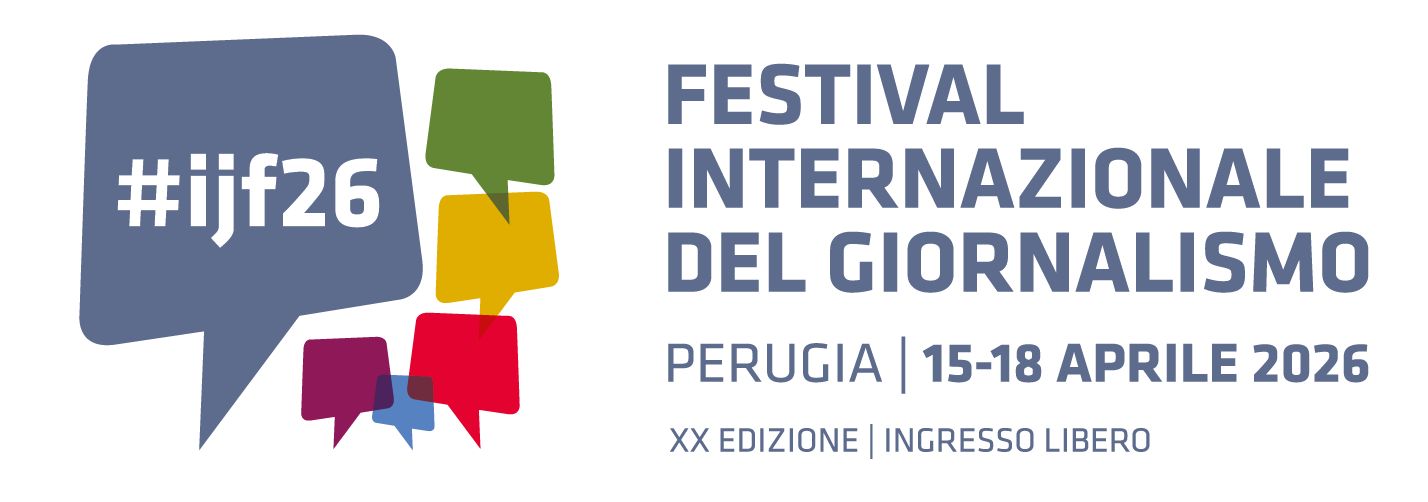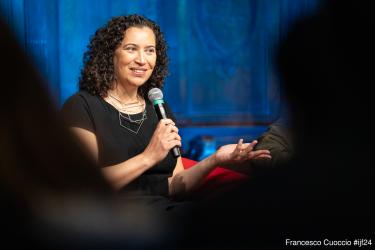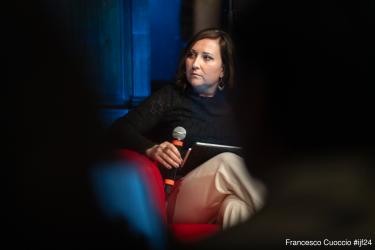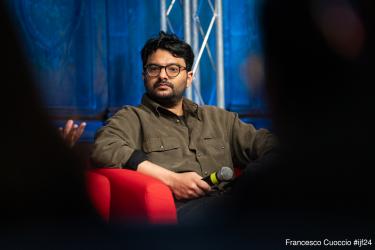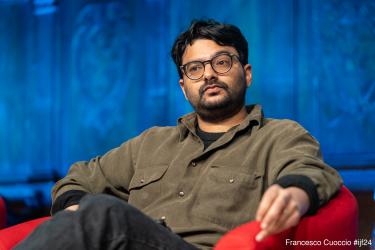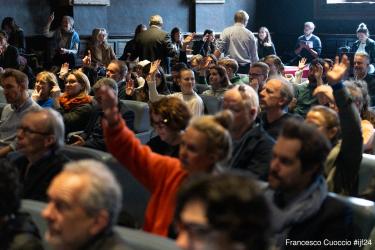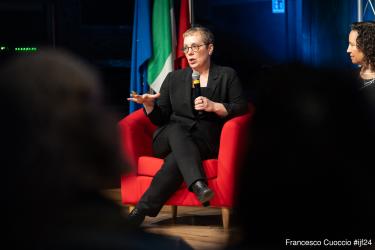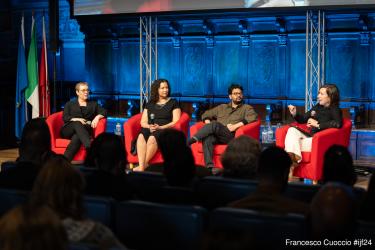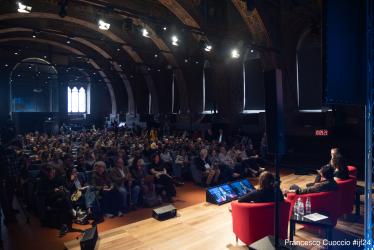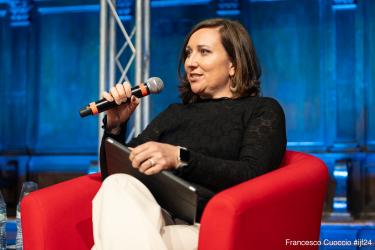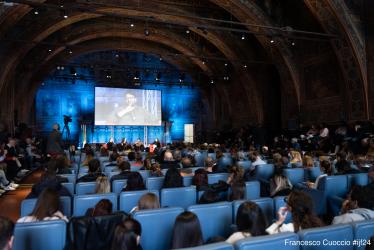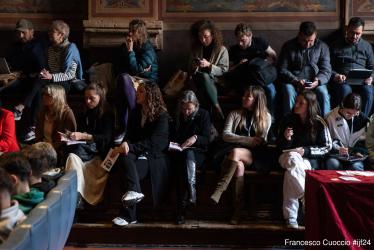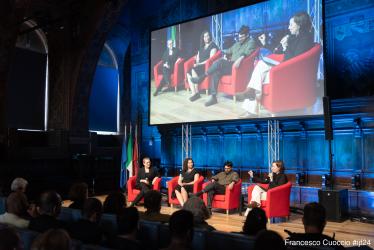Artificial intelligence poses existential challenges and transformative opportunities for journalism and the future of the news industry. This panel brings together journalists and technologists to explore the types of interventions needed to secure a future where journalism can survive and thrive, and what journalism might look like a few years from now.
For example, what to do about copyright and licensing – on the one hand a few media organizations have successfully struck licensing deals with AI companies whereas most have been left behind. Could news media bargaining codes help rectify this? Some newsrooms, like Rappler and Axel Springer, are partnering with AI companies like OpenAI to integrate generative AI into their newsrooms while others are creating their own foundational large language models. Others, like the New York Times, are suing to not only demand fair compensation but demand that OpenAI and Microsoft dismantle the foundations models underpinning ChatGPT and other pioneering generative AI applications. What has been learned so far and what might this mean for other newsrooms? How should we think about using AI given the fundamental challenges it poses to the future of journalism. Also, the importance of brand, authentication and provenance will become increasingly important to differentiate between GenAI content and botified news. How are journalists and news outlets adapting or adopting AI to address the disinformation glut? Moreover, as chatbots curate bespoke individualized news and new generative applications are developed, what might journalism look like as generative AI becomes integrated and mainstreamed? Should we tie the future of journalism to AI and what choice do we really have?
Moderated by Courtney Radsch.
